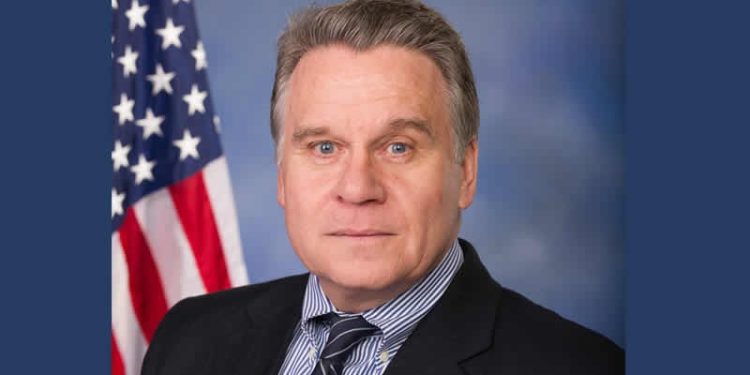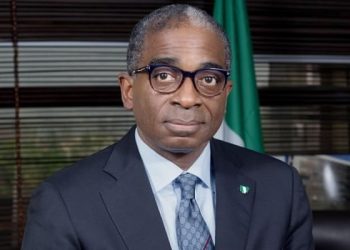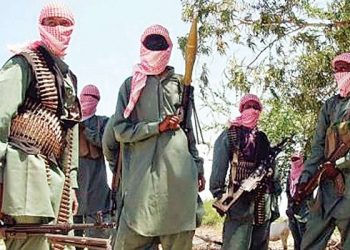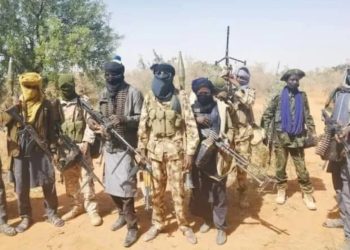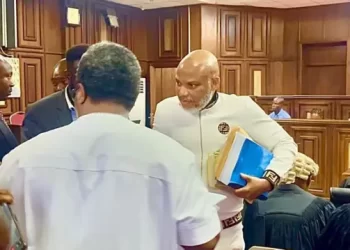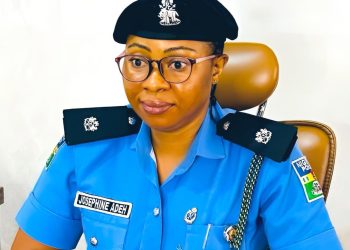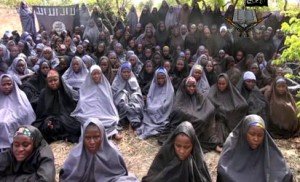The United States House Subcommittee on Africa on Thursday held a public hearing to review President Donald Trump’s recent redesignation of Nigeria as a Country of Particular Concern, a status that places the country under increased scrutiny for alleged religious freedom violations.
The hearing, chaired by Representative Chris Smith, convened at 5 p.m. in Washington, DC, and included senior US State Department officials and Nigerian religious leaders.
Lawmakers explored the potential consequences of the CPC designation, including sanctions against Nigerian officials and restrictions on certain forms of US aid.
During the session, Representative John James, former chairman of the Africa Subcommittee and now a member of the Energy and Commerce Committee, said the designation is necessary to address what he described as a worsening crisis for Christians in Nigeria.
“Nigeria is facing one of the gravest religious freedom crises in the world. I have visited and have seen firsthand the direness of the conditions in what is now the deadliest place on earth to be a Christian,” James said.
He detailed the extent of the violence, saying, “Since 2019, nearly 17,000 Christians have been killed. In the first seven months of this year alone, hundreds more were murdered.
“These are not isolated tragedies, but a sustained pattern of religiously motivated violence, often ignored or even enabled by the Nigerian government.
“Extremist groups like Boko Haram, Fulani militants, and ISIS West Africa attack often without any meaningful intervention from authorities.
“The lack of response has created an atmosphere of impunity where Christians continue to live in constant threat and fear.”
James also referenced the detention of Nnamdi Kanu, saying, “Religious persecution is tied to political repression and weakening institutions in Nigeria. The detention of Mazi Nnamdi Kanu is a clear example.
“In 2022, Nigeria’s Court of Appeals struck down the charges against him and ordered his release.
“The UN Working Group for Arbitrary Detention has also called for his unconditional release, yet he remains in solitary confinement in deteriorating health and recently had to represent himself in court.
“Nigeria has signalled that the law is optional and targeting Christians is fair game. Just hours ago this morning, despite the pleas and cries of Nigerian people and many Nigerian lawmakers, Kanu was convicted on all charges.”
In response to a question about the Nigerian government being infiltrated by extremist groups, Senior Bureau Official, Jonathan Pratt, of the US Department of State’s Bureau of African Affairs said, “I do not believe that the government of Nigeria has been infiltrated by jihadists.”
James pressed further on government response, asking, “because when you look at the selective enforcement of the rule of law, one might question if there is any favouritism or looking the other way when groups are being specifically targeted, despite the fact, as my colleague Moore mentioned, not enforcing the rule of law about weapons.
“My next question is, how has the Nigerian government reacted since President Trump’s country of particular concern designation announcement?”
Pratt replied, “They have taken the designation very seriously. There is a senior delegation here now.
“They will meet with the most senior officials of the US government this week, and we have already demarched the government in Abuja and here in Washington on the action plan, and I can say that the results so far have been positive in terms of cooperation.”

